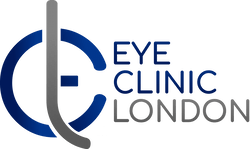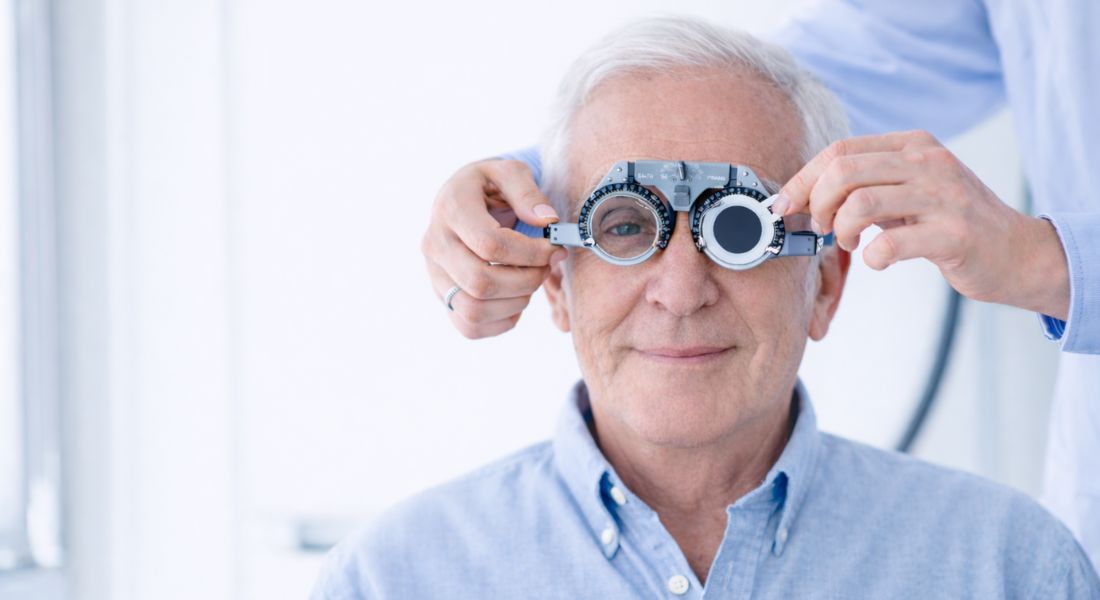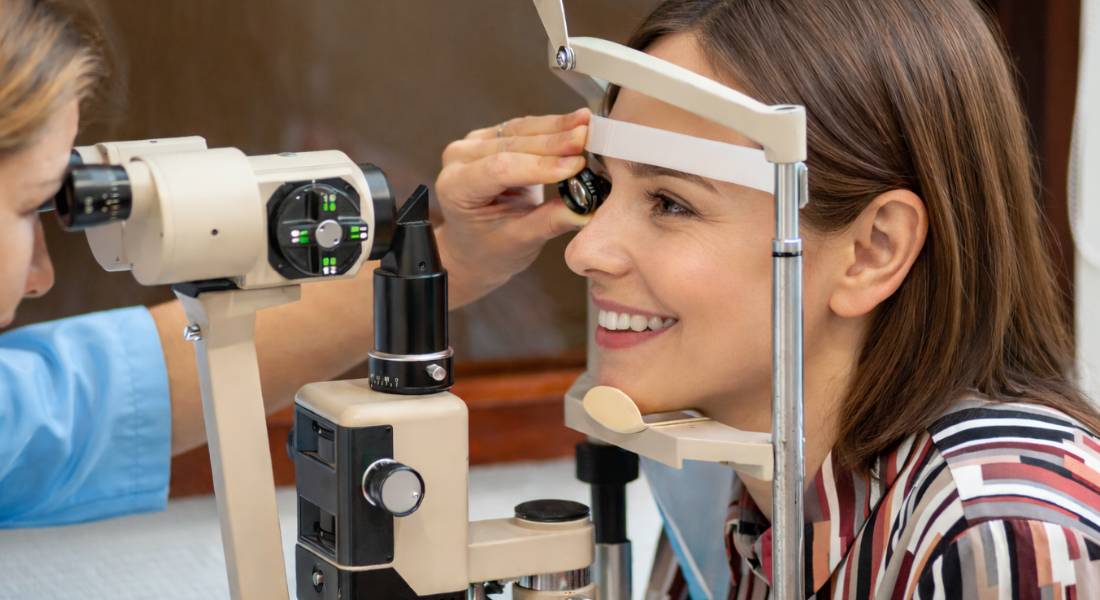LASIK and Pregnancy: Can You Have LASIK While Pregnant or Breastfeeding? (Guide)
2026-02-09T09:00:27+00:00You may be considering LASIK but feel uncertain once pregnancy or breastfeeding becomes part of the picture. During this time, many women notice changes in how their vision feels and begin to question whether laser eye surgery is still suitable. These concerns are common and completely valid, especially when eyesight seems less predictable. We recognise that pregnancy brings rapid physical and hormonal changes that can affect vision. When clarity fluctuates, it naturally raises questions about the safety and reliability of











